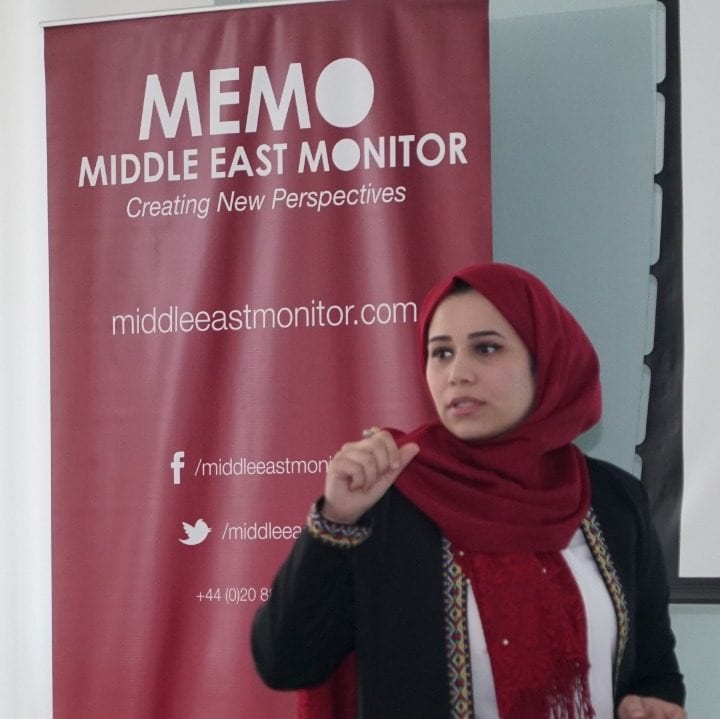A friend once told me that I will never be a stranger in Brazil, because there are people from everywhere living there. Walk along any Brazilian street, and you will find citizens of Japanese descent and European descent. You can eat in an Arabic restaurant, and see a veiled Muslim woman hand in hand with a Christian woman. A Brazilian watchman protects the mosque and helps the Muslims after every prayer. The acceptance of difference and respect for all, regardless of race or creed, are fundamental Brazilian values which have enabled immigrants to blend into society with relative ease.
Imagine the surprise, therefore, to see questions on social media recently asking if Brazil is a racist country. This followed media coverage of the death of a black man at the hands of Carrefour supermarket security guards in Porto Alegre, southern Brazil, on 19 November. The incident has drawn comparisons to the death of George Floyd, who was killed by police in Minneapolis earlier this year. Both of the security guards involved have been detained by police. I believe that this was a one-off incident, and not the result of a racist culture. Xenophobia does not exist here in Brazil, where differences of faith, sexuality and race are respected.
I live in Florianopolis, one of the most prominent tourist destinations in Latin America. The city Mayor is Gean Loureiro, who has made it clear that, “Racism is unacceptable. It must end, there is no space for racism anywhere in the world. That incident was terrible, but our citizens reacted immediately against that kind of behaviour”. Under Brazilian law, racism is a serious offence, with severe penalties. A person found guilty of this crime can spend up to five years in prison.
![Mayor Gean Loureiro speaks at the Islamic Centre of Florianopolis during the Brazilian elections in November 2020 [Photo by Eman Abusidu]](https://i0.wp.com/www.middleeastmonitor.com/wp-content/uploads/2020/12/12_2.jpg?resize=933%2C622&ssl=1)
Mayor Gean Loureiro speaks at the Islamic Centre of Florianopolis during the Brazilian elections in November 2020 [Photo by Eman Abusidu]
![Mohammed Al-Assad teaching Arabic in Florianopolis, Brazil, November 2019 [Photo by Eman Abusidu]](https://i0.wp.com/www.middleeastmonitor.com/wp-content/uploads/2020/12/12_3.jpg?resize=933%2C622&ssl=1)
Mohammed Al-Assad teaching Arabic in Florianopolis, Brazil, November 2019 [Photo by Eman Abusidu]
READ: Brazil, BRICS and the defence of the Global South
The Brazilian government agreed to do so, and they were resettled in Mogi das Cruzes. “For four years, I was stuck between Iraq and Jordan in a barren desert where there were only snakes and scorpions,” Mohammed told me. “No country accepted us except Brazil.”

Mohammed Al-Assad lived 4 years at Ruweished camp on the middle of a desert, about 70 km from
Jordan’s border with Iraq, 2007 [Photo by Mohamad Al Assad]
“The Palestinians enjoy the same citizenship rights as all other Brazilians,” explained Luiz Paulo Barreto, Secretary General at the Brazilian Ministry of Justice to IRIN in 2007. “They are able to live according to their traditions, wear their traditional clothes, eat their preferred food and practice their religion without being scared of attacks or reprisals.”
Mohammed Al-Assad confirmed this. “People were helpful and cooperative because Brazil is the country for all. I have now my full rights. I lived from birth in Iraq, and yet never owned a passport. And I did not have a Palestinian passport to reflect my country of origin. When I got a Brazilian passport, it was like another birthday.”
READ: Colorado rep: ‘As a practising Muslim, Palestinian American, you mobilise advocacy every day’
Brazil has also accepted Syrian asylum seekers who fled the ongoing conflict in their own country. Some arrived in Brazil via Lebanon, having been given a travel document by the Brazilian Embassy in Beirut. Since 2013, Brazilian diplomats in the Middle East have been issuing special entry visas with a simplified procedure to allow survivors of war to travel to the largest country in Latin America.
When a country is named after a tree — the Brazilwood tree — you just know that it is going to provide shelter for everyone. This is what I have seen during my four years of living in Brazil. I have never faced any situation that threatens my religion and its practice; my hijab; my traditions; or my whole life in general. When I gave birth, the nurse in the government hospital recognised that there were some cultural issues for me to share a room with other people — that I need privacy to breastfeed, for example — so she gave me a single room. I didn’t have to ask; she saw the problem, and acted accordingly. This was typical of the Brazilian people.
We have been helped to integrate into Brazilian society, so much so that the head of the Municipal Council of Florianopolis invited a veiled Muslim woman to be on his list of candidates for the Brazilian elections. “We invited Fatima Hussein to participate in the election, because we believe that it is especially important to have as much diversity as possible in the debate over the city’s policies,” he explained.
Brazil is the fifth largest country by population and area in the world, but it is also the most welcoming in my opinion. That is why Mohammed Al-Assad told me, “The real racism is to accuse Brazil of being a racist country.” And he’s right.
The views expressed in this article belong to the author and do not necessarily reflect the editorial policy of Middle East Monitor.


![Flag of Brazil, August 2020 [Photo by Eman Abusidu]](https://i0.wp.com/www.middleeastmonitor.com/wp-content/uploads/2020/12/12.jpg?fit=1200%2C800&ssl=1)








